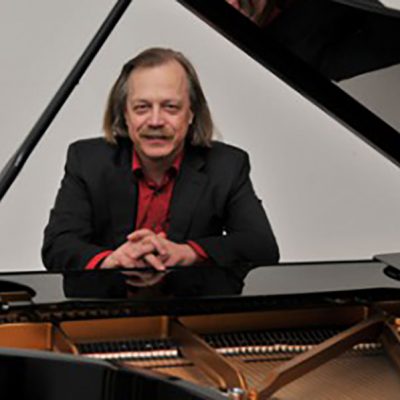Bernd Goetzke
 Bernd Goetzke
Bernd GoetzkeGermany
Born in Hanover in 1951. At the age of 13 he was already accepted as a student at the Hanover University of Music and Drama, where he studied Piano with Prof. Karl-Heinz Kämmerling until obtaining his Concert Soloist`s Diploma in 1975.
Another important phase in his development as a pianist was his long association (1969 to 1977) with Arturo Benedetti Michelangeli, who regarded him as his last pupil. He also participated in Beethoven courses given by Wilhelm Kempff and Claudio Arrau. Bernd Goetzke was awarded prizes in several international competitions (Paris, Milan, Brussels, Athens, Epinal amongst others).
Already at the age of 25 he was appointed Lecturer at the Hanover University of Music and Drama and became professor in 1982. Today Bernd Goetzke is one of Germany`s most sought-after teachers and musicians. He teaches a class of young pianists from all over the world, and many of them have become prize winners in international competitions.
He is the Head of the Concert Soloist Programme in Hanover and in addition he holds numerous Master Classes in Germany and worldwide. He is also a jury member of many international competitions (Moscow, Warsaw, Munich, Bolzano, Orléans, Oslo, London, St. Petersburg, Kharkov, Salt Lake City, Hilton Head, Shenzhen, Shanghai, Sendai and many others).
In his concert repertoire the names Bach, Scarlatti, Haydn, Beethoven, Schumann and Debussy appear frequently, but also works of the twentieth century, reflecting his fascination with the stylistic richness and diversity of the period between Late Romanticism and Avantgarde.
Here one could mention the complete Preludes by Olivier Messiaen or, in the realm of chamber music and concerto repertoire, Messiaen`s “Quartet for the End of Time“, Schoenberg`s “Pierrot Lunaire“, Bartók`s Sonata for Two Pianos and Percussion, the German première of Bartók`s Piano Quintet, the two Rhapsodies by Gershwin or Skryabin`s “Prometheus”.
Bernd Goetzke has also published several articles on subject-related matters including “Freedom in Interpretation“, “Bach`s Melodic Characteristics“, “Articulation and Phrasing in Classical Music“, etc.







